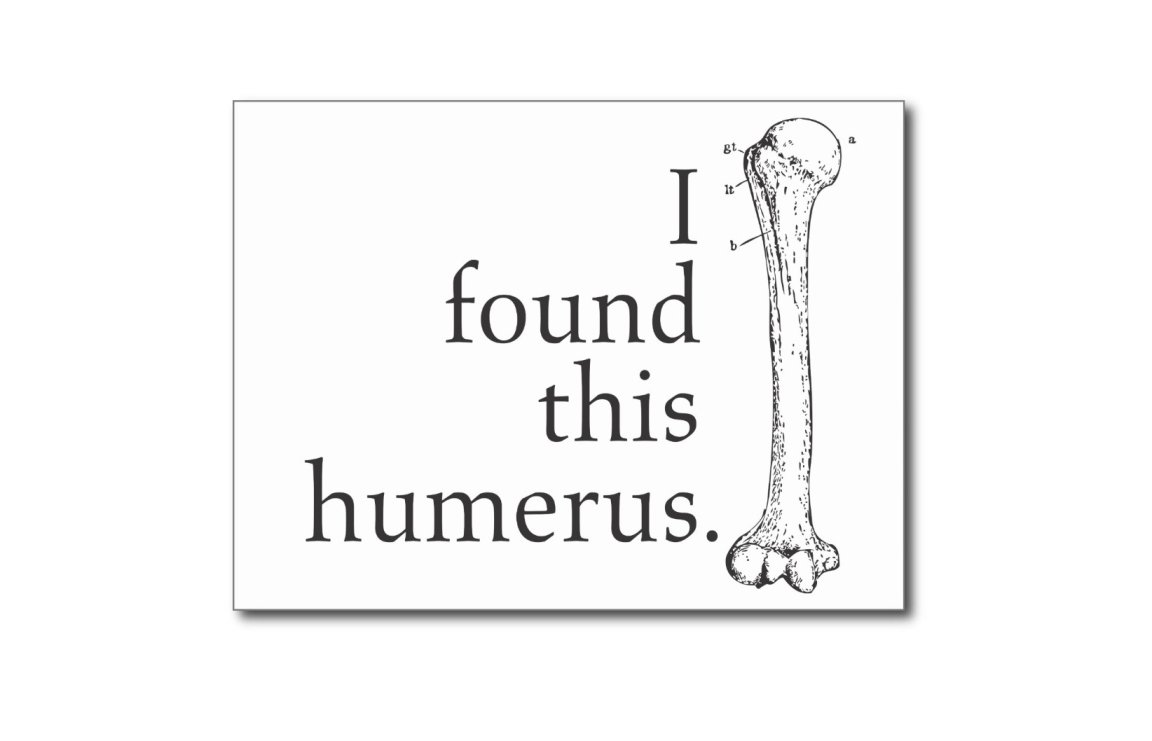
What It Is
Researchers at the University of Alberta have developed a mathematical method of quantifying humor. Yes, we now have a way to predict when something will be funny. Or at least, we have taken the first tentative steps towards predicting humor.
The idea for the study came about from earlier research involving test subjects with aphasia. Aphasia is a condition that results in the impairment of language. It can impact both the production and comprehension of speech as well as one’s ability to read or write.
In the initial research, it was observed that the participants would laugh when certain made-up non-words were mentioned. This observation then raised the question: How can a made-up word be inherently funny?
Psychology professor Chris Westbury, lead author of the study, suggested that a word’s entropy – a mathematical measure of how predictable the letter combinations in a word are – could provide the answer. Lower entropy non-words (words with unpredictable letter combinations) seemed to elicit humorous responses. Westbury then attempted to test if it were possible to predict which words people found funny based on their entropy.
In the first part of the study, participants were asked which of two non-words was funnier. In the second part, they were asked to rate how funny a non-word was on a scale of 1 to 100. Based on entropy, the researchers were able to correctly predict the funnier word 92% of the time.

The Implications
Westbury thinks that there is an evolutionary reason for humor. It may have come about as a way to signal others that a certain situation was not cause for alarm. “If you laugh, you’re sending a message to whomever’s around that you thought you saw something dangerous, but it turns out it wasn’t dangerous after all. It’s adaptive.”
In the 19th century, the German philosopher Arthur Schopenhauer proposed that humor is the result of an expectation being violated. Puns, for example, are funny because we expect words to have a single meaning. When a word is used differently than is expected, our expectation is then violated, and that is humorous.
Ultimately, the research may allow us to better understand the evolutionary function of humor. One other application of this study is in product use. Customers may have varying reactions to medication with funny names, for example.
The findings were published in the Journal of Memory and Language.